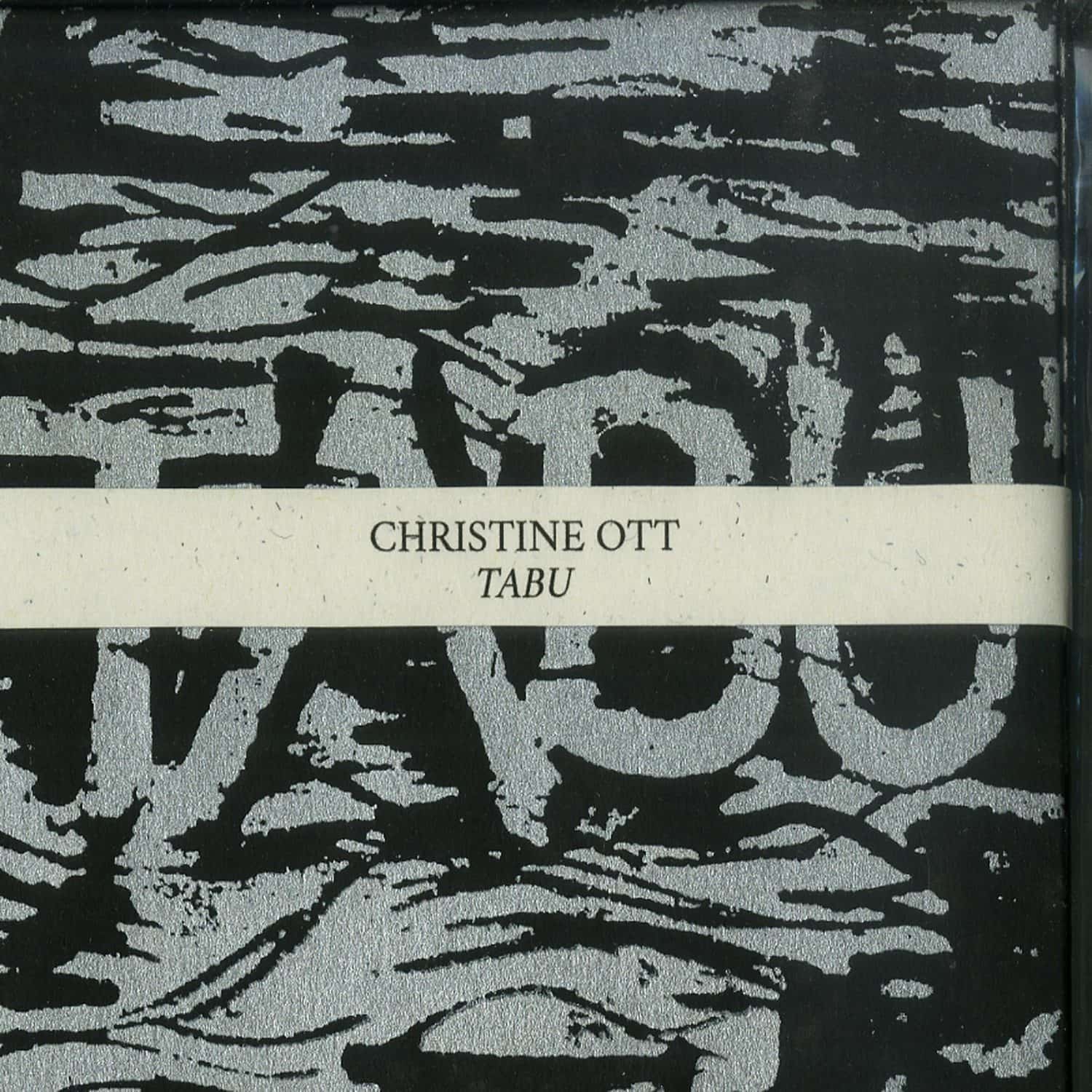
TABU
Just a few months after the release of her highly acclaimed album, Only Silence Remains, Christine Ott proposed a new album to Gizeh Records for its Dark Peak Series of releases. Tabu is an original, live soundtrack, composed in 2012 for the movie of the same name by F.W. Murnau and Robert Flaherty and a performance that she s playing regularly as a ciné,,,,-concert throughout France and Europe. The magic, the beauty and the incredible light of the movie associated to its astonishing modernity have contributed to the choice of the composer. Christine has been shattered and very moved by the movie, the story of an impossible love on Bora-Bora island, between Matahi, a young pearl diver, and Reri, a young woman promised to the gods. The circumstances of the death of Murnau, prematurely died in a car accident before the film premiere, emphasizes the mystery around this movie. More than a ciné,,,,-concert, Ott s creation is a black pearl, as is Murnau s ultimate movie.
Ott's creation alternates avant-garde tracks with Ondes martenot and modern-classic piano pieces, sometimes light and delicate, sometimes dark and fune real . This cinematographic journey is ending w ith the original version of Tempête, composed for the last scene of the movie, a stunning piece that Ot t re-worked for Only Silence Remains.
With Tabu, Christine Ott combines her passion for images and cinema to musical composition, creating new sound territories along the way . After lots of experiments down different paths, and collaborations with the likes of Yann Tiersen, Radiohead, Tindersticks, Syd Matters and Foudre!, Ott here releases her taste for a kind of minimalistic chamber music.
"Christine Ott is giving us, with this new album, her first inspiration to the screen - spontaneous and sometimes fragile. There is indeed a secret link which joins together Reri, daughter of the water, to Christine, sister of the Ondes Martenot. In these pure moments when Otts piano becomes a waterfall, a river, an ocean. In these heartbreaking moments when the composer, without ever over-playing manages to simply let go, thanks to a very mysterious and fascinating instrument, the tears that the audience may not always dare to have ". [Thierry Méranger, Les Cahiers du Cinéma][txt from ]

